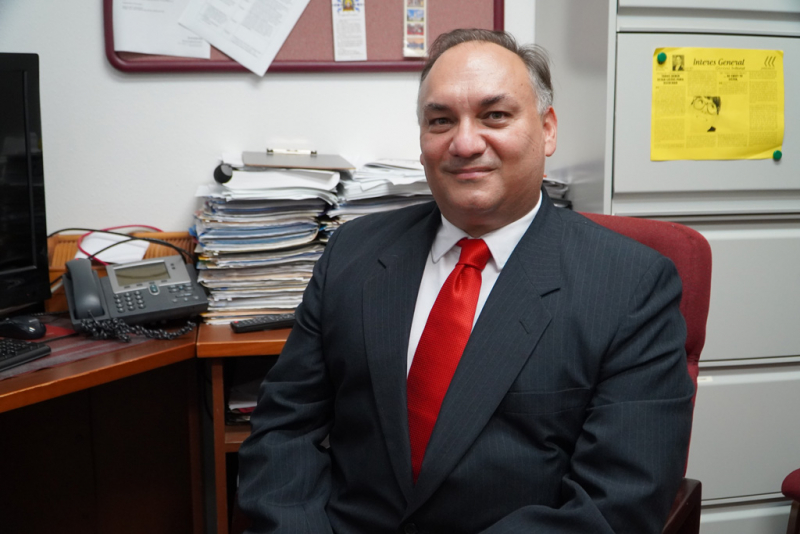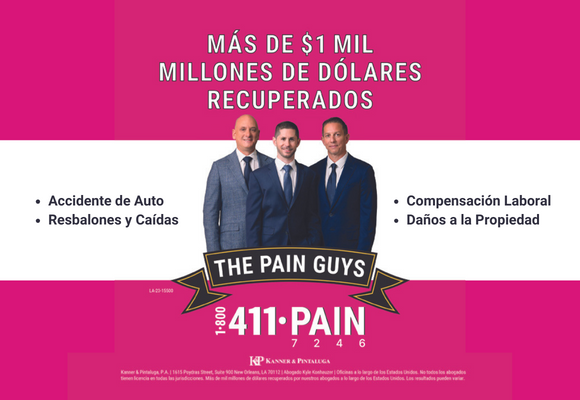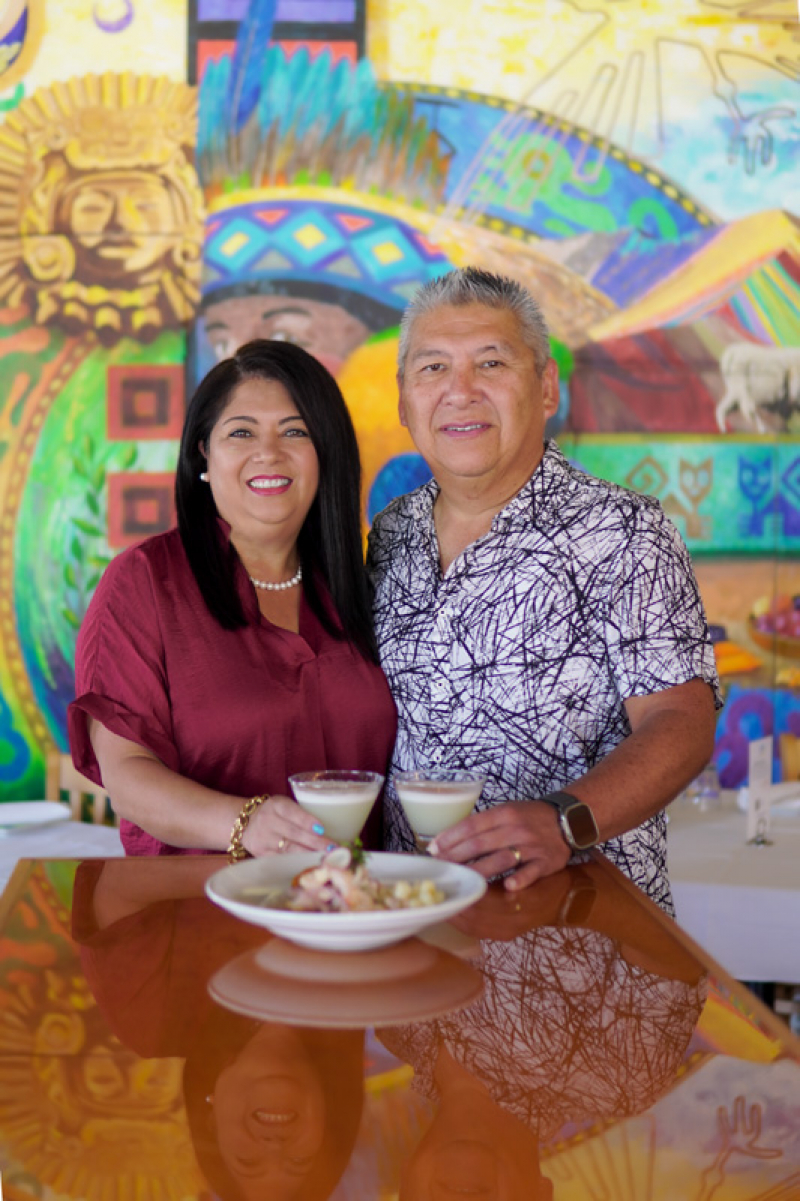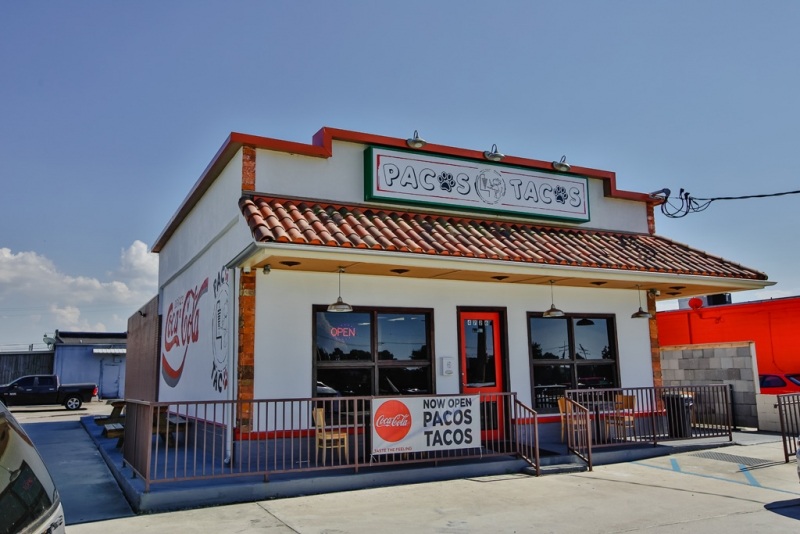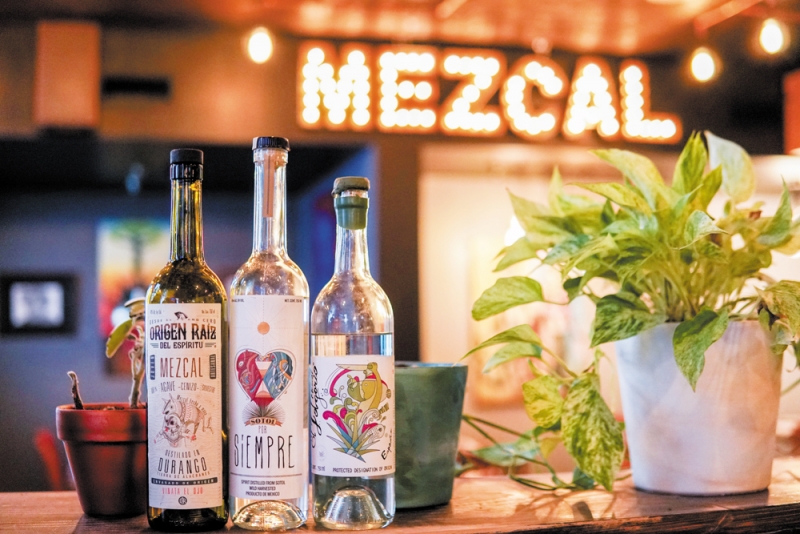- Written by AnaMaria Bech
- Published in Cover Story
Dr. Roy Salgado. Supporting Mental Health in our Community
Dr. Roy Salgado.
Supporting Mental Health in our Community
By AnaMaria Bech
Click aqui para español- >El doctor Roy Salgado y su aporte a la salud mental en la comunidad
During the COVID-19 pandemic, struggles with mental health have brought what used to be a taboo topic to the main stage. The greatest gymnast of all times, Simone Biles, withdrew from the most crucial competition in her field, the Olympic games, citing the need for mental health as the reason for her shocking announcement. High-performing athletes such as Naomi Osaka and Michael Phelps have publicly recognized their mental state. At the same time, entertainers like Demi Lovato and Selena Gomez keep bringing the topic to the mainstream media.
Health practitioners and officials in Louisiana and, particularly in New Orleans, quickly recognized the impact of mental health in the community. The University of Holy Cross was one of the first institutions to react and address the need for health counseling. They expanded their counseling services by providing free access to Tele counseling for New Orleans area residents.
The television series “Coping During the COVID Crisis” helped reach a broader audience with information about mental health issues that many in the community were experiencing. Dr. Roy Salgado, Associate Professor of Counseling at the University of Holy Cross, chose the most relevant topics for the TV program and provided resources to the community. The program airs on WLAE-TV Fridays at 8:00 P. M.
Salgado has been a faculty member of the University of Holy Cross since shortly after hurricane Katrina. Born in New Orleans to Honduran parents, Salgado is fully bilingual and has provided critical mental services and health information in English and Spanish. Over twenty years, his trajectory involves working with vulnerable communities and providing counseling to immigrants, victims of human trafficking, sexual abuse, and domestic violence.
He is a Psychology major graduate from Tulane University and received his master’s degree in Counseling and his Ph.D. in Counselor Education from the University of New Orleans. “When I began working in health counseling, I was one of the very few licensed Latinos who could provide these services.” When there was an influx of unaccompanied children about six years ago, Salgado worked on a project and gathered health professionals who could support the vulnerable minors, finding only about 23 qualified counselors qualified to provide their services in Spanish.
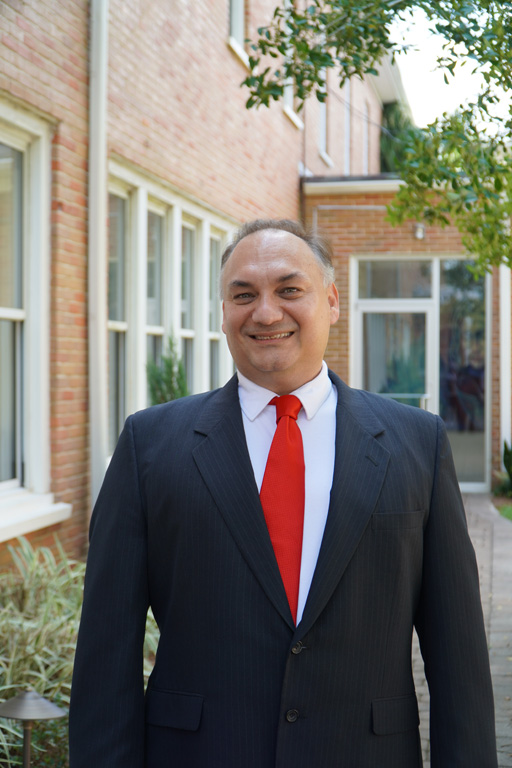
He realizes there is a greater need today to have representation in the healthcare field. “We need more health providers, whether it is in medicine or counseling, who speak Spanish so that we can meet the demand for these services in our community.”
He has made it part of his mission as faculty to promote access to higher education to everyone. Still, as a Latino, he wants to make sure more Latino students go into professional careers. “We need professional Latinos in our community that cross-culturally understand the community,” says Salgado.
The University of Holy Cross currently has about 5% of a Latino student population. Salgado uses every opportunity to promote the growth of the University, the various programs the University offers, and advocates for careers in Counseling. “I have been able to recruit some Latino students into the program who have served in my private practice as interns. I was able to multiply myself by hiring some of them.”
That additional help is essential at a time when mental health is the topic of many discussions. “Even though not everyone has been infected, everyone has been affected by the virus. Many people have experienced the loss of a loved one, the loss of a job, income, community, society, and all of this has impacted the individuals, so there are high levels of stress, anxiety, depression, and fear.”
According to Salgado, the most significant need during this fourth surge of the Coronavirus is conflict resolution. “There is a battle between the vaccinated and the unvaccinated. We have to learn how to listen to each other without judging or adding heat to an already complex situation.”
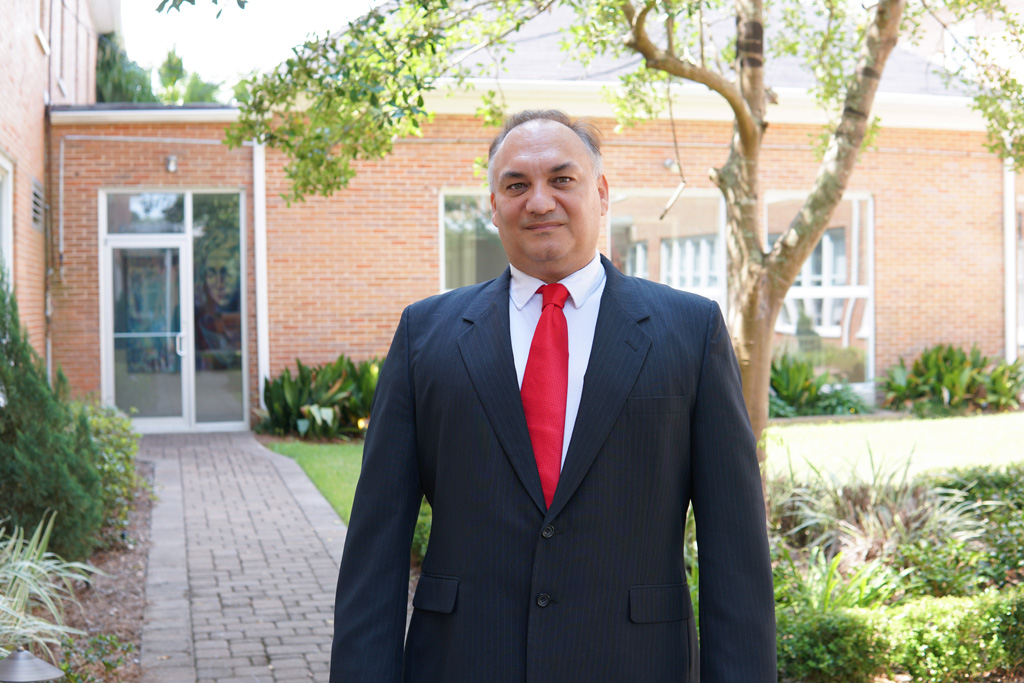
Salgado stresses the importance of understanding that we are all humans that react differently to each situation. “When we feel overwhelmed or exhausted, it is a normal reaction of a human being, and not necessarily of a person who is sick, or someone that needs psychiatric help. It’s normal to recognize that sometimes we need help from our family, friends, and if that help is not enough because they don’t have enough resources, perhaps that’s when we need to seek professional help.”
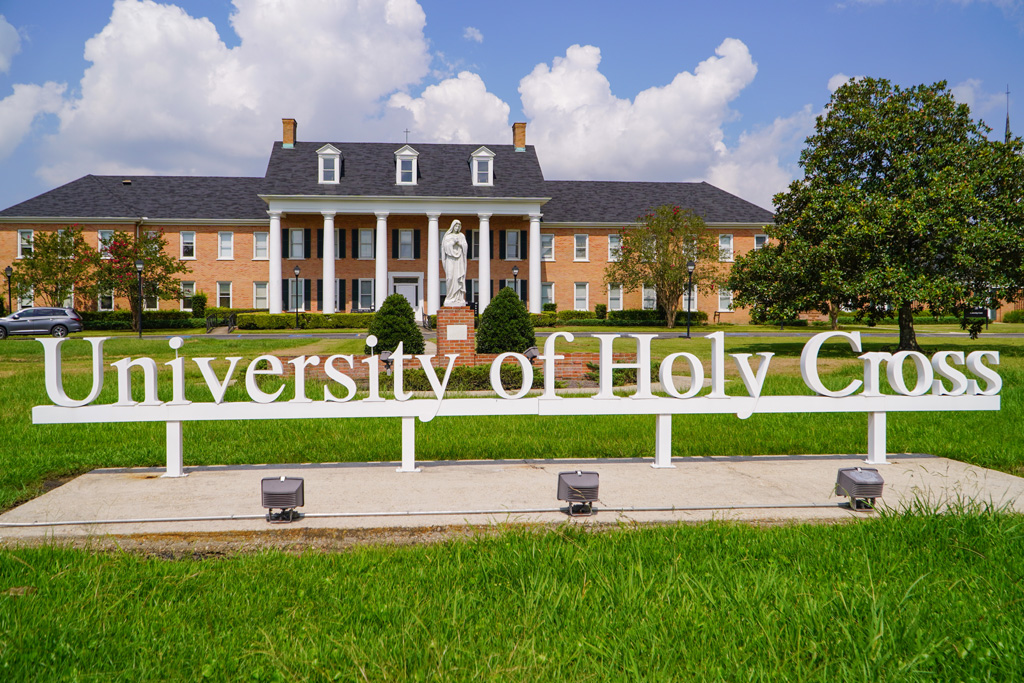
If you are interested in a career in counseling, you can contact Dr. Roy Salgado by emailing This email address is being protected from spambots. You need JavaScript enabled to view it..



